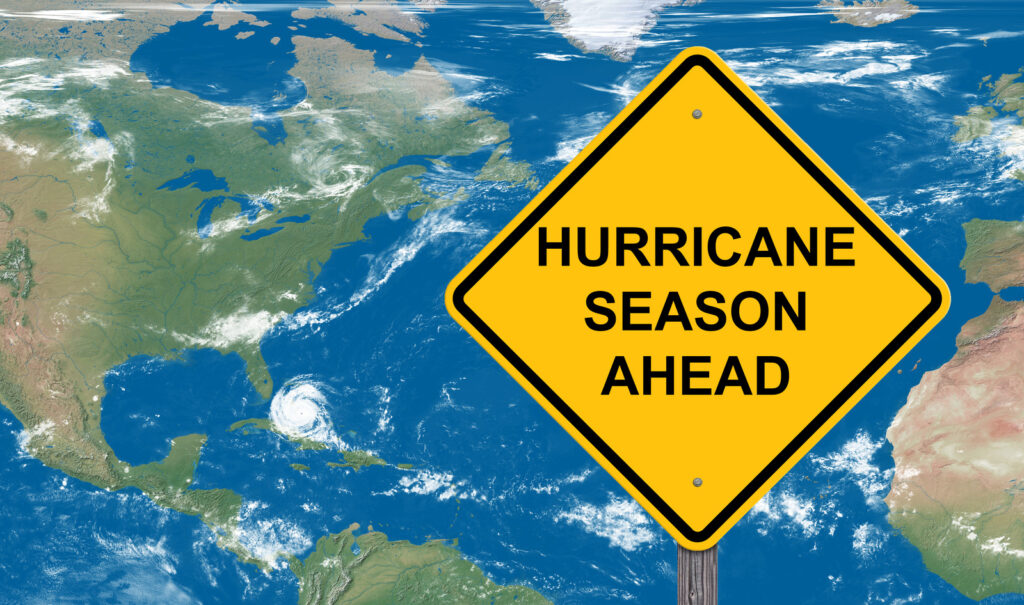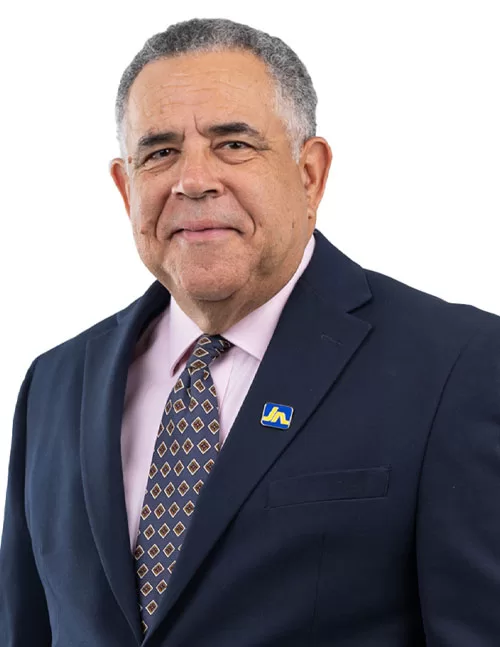
‘You Can’t Afford to Be Without Insurance’ says Expert
September 9, 2024 by
JN General Insurance

Thomas Smith, Managing Director of JN General Insurance, emphasised that Jamaica’s geographical location significantly increases its vulnerability to natural disasters with the country being exposed to the destructive forces of hurricanes and, being situated along seismic fault lines, it’s also susceptible to earthquakes.
“This dual exposure from these natural hazards underscores the urgent need for comprehensive disaster preparedness planning to protect lives, properties, and the economy from the devastating impacts of such events. Given that disasters are a matter of ‘when’ rather than ‘if’, insurance coverage should be viewed as an essential safeguard rather than an optional expense,” Mr Smith advised.
Mr Smith stressed that insurance is a vital part of disaster preparedness as it provides a financial safety net that allows individuals and businesses to recover more quickly from a disaster.
“Conversely, the lack of insurance coverage will significantly hamper restoration for homeowners and businessowners following a disaster. The reality is that the cost of repairing or rebuilding after a disaster far outweighs the premiums paid for comprehensive coverage. When disaster strikes, the financial burden can be overwhelming for those without insurance.”
A seasoned insurance expert with more than 45 years of general insurance experience, Mr Smith acknowledged the economic challenges many Jamaicans face but emphasised the importance of making insurance a priority.
“Although the cost of insurance may initially appear significant, the potential losses are far greater. We must change the narrative about insurance, it’s not about whether you can afford it, but whether you can afford to be without it,” he said.
He underscored that although Hurricane Beryl did not directly hit Jamaica, it served as a stark lesson in the potential devastation that can result from a hurricane, causing hardship for many.
Following the passage of Hurricane Beryl on July 3, substantial damage to homes, businesses, and infrastructure occurred in Clarendon, Manchester and St Elizabeth resulting in significant financial loss.
“We have seen restoration cost for some homes running into millions of dollars, which has been a major strain on the average homeowner. This financial burden can be overwhelming leading to long-term emotional stress. Many affected families have been facing the difficult reality of the high cost of repairs.”
Mr Smith pointed out that nearly 50 per cent of homes in Jamaica are either underinsured or uninsured, leaving many families subjected to the devastating financial impacts of a natural disaster. The insurer highlighted that many property owners with insurance remain vulnerable to loss because they are unaware that their properties are underinsured.
“Homeowners face the risk of becoming underinsured when they do not regularly update their insurance policies to reflect changes in property value or improvements made to their homes. Factors such as inflation, rising construction costs, and property upgrades, such as adding a new room or renovating a kitchen, can significantly increase the replacement cost of a home.”
“If the insured sum remains unadjusted despite these improvements, homeowners may find that their policy does not cover the full cost of rebuilding or repairing their property after a disaster. This gap in coverage could result in substantial out-of-pocket expenses, putting a severe financial strain on those affected. To avoid these pitfalls, it is crucial for homeowners to regularly review and adjust their insurance policies, ensuring that their coverage reflects the current value and condition of their property,” Mr Smith explained.
He also emphasised the importance of accurate property valuation to address the issue of underinsurance.
“Accurate property valuations are essential to determine the appropriate amount of insurance coverage. Homes and businesses must be insured for their replacement value, which can change over time.”
“Instead of obtaining a full valuation report, individuals could choose a more cost-effective option by consulting a qualified property loss adjuster, who offers insurance valuation services, to determine the replacement value of their property,” Mr Smith advised.

